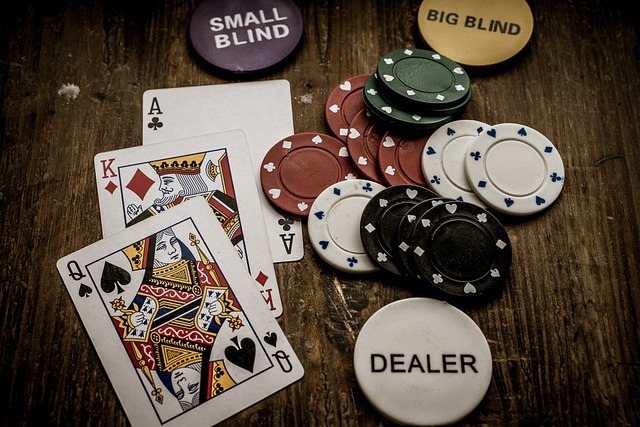Casinos attract people with games and the chance to win money. Platforms like HellSpin casino make gambling easy for everyone. But casinos can also create problems that go beyond the fun and games.
Low pay for workers
Many casino workers earn very little money and don’t get benefits. Jobs in cleaning or customer service often leave employees struggling to pay their bills. While owners make big profits, workers are left behind.
Addiction harms families
Casinos use lights and free drinks to keep people gambling longer. Some players lose more money than they can afford. This creates debt and stress for their families, hurting relationships and stability.
Risks of online gambling
Online platforms like HellSpin casino let people gamble anytime. This makes it easy to lose control. Younger players are at risk because ads often target them, and gambling is always available.
Casinos in poor neighborhoods
Casinos often open in areas where people are struggling. They promise jobs but take money from local players. Instead of helping, casinos can make these areas poorer.
Casino ads and false hope
Casino ads show happy winners but don’t show the risks. They encourage gambling by creating false hope. Ads should warn people about the dangers of addiction to protect vulnerable players.
Helping players stay in control

Casinos should offer tools to help players avoid addiction. Spending limits and reminders can help people stay safe. Providing information about risks helps players make better choices.
Better jobs for workers
Casino workers need fair pay and good benefits. Better wages make life easier for employees and improve customer service. Treating workers fairly helps everyone.
Giving back to communities
Casinos make a lot of money but often don’t share enough with local areas. They should invest in schools, hospitals, and housing to support the communities they profit from.
Making games fair
Players should understand the odds before betting. Casinos need to be honest about the risks and rules. Fair games build trust and protect players from unfair losses.
Teaching about gambling risks
People should know the risks before they start gambling. Casinos should warn about addiction and financial loss. Education helps players avoid harm and gamble responsibly.
Investing in the future
Casinos can use their profits to fund long-term projects that benefit society. Supporting education and housing improves lives and helps communities grow stronger.
Helping families affected by gambling

Gambling addiction doesn’t just hurt players—it also affects their families. When someone loses too much, it can cause stress, arguments, and financial struggles at home. Casinos should fund programs to support families. These could include free counseling services and advice on managing money. Helping families rebuild after addiction is important for creating a fairer system.
Reducing waste and pollution
Casinos create a lot of waste through energy use, packaging, and single-use items. Switching to eco-friendly materials and renewable energy could make a big difference. Casinos could also recycle more and reduce water use. These small changes would protect the planet while showing responsibility to the communities around them.
Improving local opportunities
Casinos often bring jobs, but these roles are usually low-paying. They can do more by offering training programs for workers to learn new skills. Partnering with local schools or organizations could help create better career opportunities. These efforts would show that casinos care about helping communities grow, not just about making profits.
